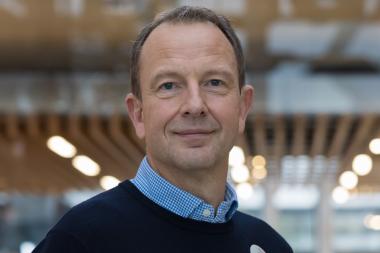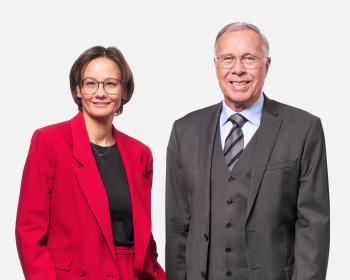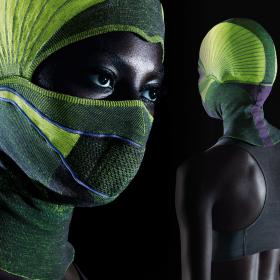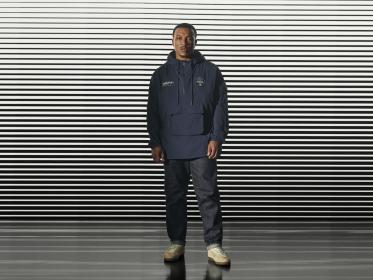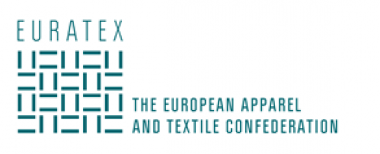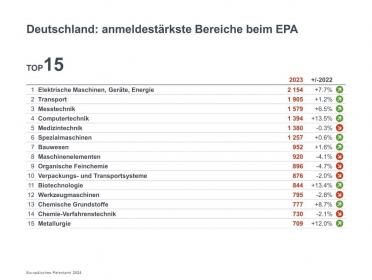“Designing for Circularity” Panel Discussion in Portland
Quickly becoming the benchmark for sustainability, circularity presents a simple solution for many of the world’s complex waste issues. However, in a quickly changing textile marketplace with increasing regulatory pressures, designing circular products can be anything but simple.
To help demystify this accelerating paradigm shift, the Designing for Circularity panel is coming to Portland’s Functional Fabric Fair, where expert panelists will inform and inspire the next generation of product designers and developers.
Scheduled for Wednesday, April 17th at 2:00pm and hosted by textile industry communications agency Formidable Media, the Designing for Circularity panel will bring together experts in materials sourcing, textile finishes, trims, sustainability, recycling, natural materials, and more, to help designers, product developers, and brand representatives make the choices needed to become leaders in the future of sustainable products.
“Fashion is regularly listed among the top five largest polluting industries in the world and our panel of experts hope to help shape future design and sustainability decisions to mitigate fashion’s outsized impact on the environment,” said Scott Kaier, Founder and President of Formidable Media. “Informed and innovative design is the first step in creating circular products, so today’s designers will be instrumental in creating a cleaner, more sustainable future.”
Hand-picked from across the outdoor, fashion, lifestyle, and footwear industries, the Designing for Circularity panelists include:
- Daniel Uretsky, President, ALLIED Feather + Down
- Martin Flora, VP of Business Development, Green Theme Technologies
- Sarah Schlinger, R&D Commercialization Manager, Woolmark
- Sharon Perez, Senior Business Development Manager, Lenzing Group
- Brian La Plante, Senior Manager of Sustainability, YKK
- Theresa McKenney Director of Sustainability, NEMO Equipment
Formidable Media





